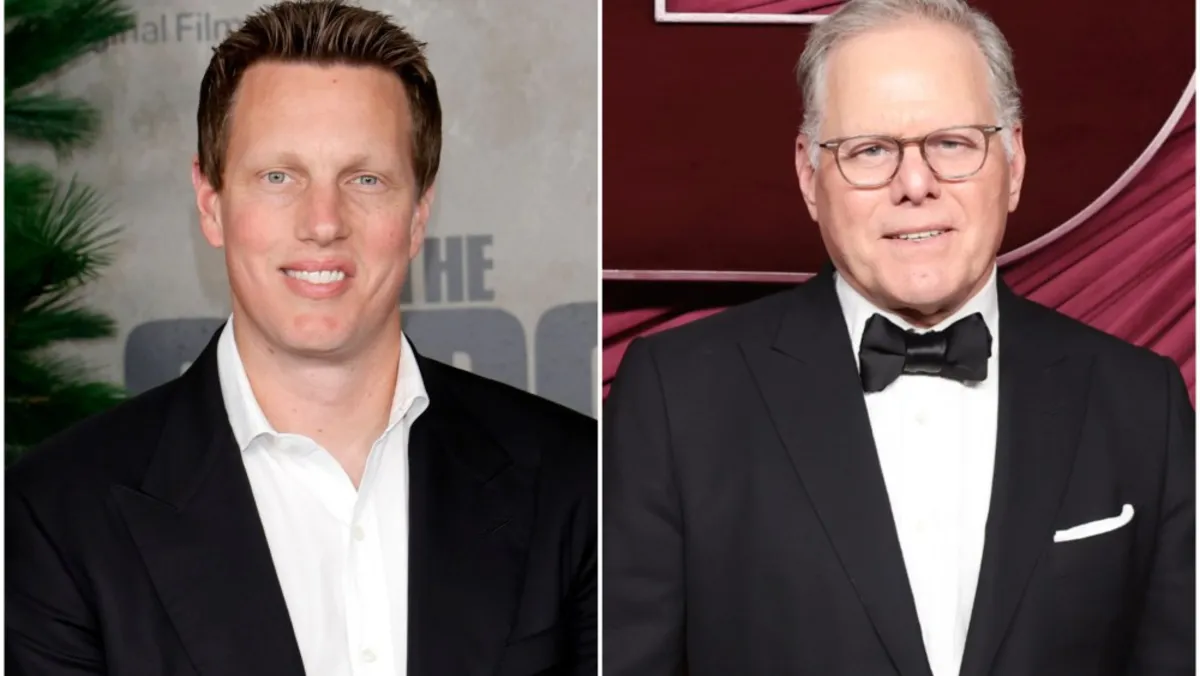
Warner Bros. Discovery (WBD) finds itself at the center of a significant media merger and acquisition (M&A) frenzy, with employees bracing for the possibility of a new corporate owner in the near future. The leading candidate for this potential takeover is David Ellison, a burgeoning Hollywood mogul and son of one of the world’s wealthiest individuals. After successfully orchestrating the merger between Skydance and Paramount, Ellison is now aggressively pursuing a much larger target: Warner Bros. Discovery.
This week, WBD’s chief executive, David Zaslav, and the company’s board publicly acknowledged that they are conducting due diligence on acquisition interest from “multiple parties.” Although the company did not specifically name Paramount or other potential suitors, Ellison has been making a concerted effort to win over WBD and Zaslav with a series of escalating offers. These bids are partially backed by his father, Larry Ellison, whose estimated net worth exceeds $330 billion.
Ellison has submitted three offers to the WBD board: $19, $22, and $23.50 per share, with the latest bid coming on October 13. According to sources familiar with the matter, this latest proposal would equate to a staggering $93 billion when accounting for WBD’s net debt of nearly $36 billion. As of October 23, Warner Bros. Discovery shares closed at $21.25 each, reflecting a 69% increase since news of Ellison’s interest became public last month.
If a merger between Paramount and Warner Bros. Discovery proceeds, significant changes are expected, including a potential combination of HBO Max and Paramount+, along with substantial layoffs across the merged entities. It is clear that while the Ellisons and their investors have set a financial ceiling for their offers, the latest bid of $23.50 per share is not their final offer. With WBD’s board initiating a formal review process and opening its financial books, Paramount may have the chance to return with a revised or higher bid.
Industry insiders suggest that Ellison feels he is in a strong position among prospective buyers of WBD and is unlikely to substantially increase his offer. Meanwhile, Zaslav is keen to leverage competing suitors to maximize the sale price of WBD, whether as a complete entity or through individual asset sales. In a recent statement, he remarked, “It’s no surprise that the significant value of our portfolio is receiving increased recognition by others in the market.”
While Netflix, Amazon, and Apple are rumored to be interested in parts of WBD, particularly its studios and streaming services, they do not view the entire conglomerate, which includes TV networks, as essential to their growth strategies. Netflix’s co-CEO, Ted Sarandos, stated during the company's Q3 earnings call that they have “no interest in owning legacy media networks,” thus dampening the likelihood of a complete acquisition of WBD.
WBD has indicated it would consider selling the separate Warner Bros. entity to a third party, alongside a potential spinoff of Discovery Global to shareholders. There has been speculation about Sony expressing interest in WBD; however, sources indicate that they are not pursuing the acquisition. Comcast is also eyeing Warner Bros., but with its ongoing strategy to offload most cable TV assets into a spinoff company, the path to a deal remains complicated.
Ellison's ambition to merge Paramount with Warner Bros. Discovery aligns with longstanding trends in the media industry. Scott Purdy, media strategy leader for KPMG U.S., notes that major media companies have been grappling with a decline in their linear TV business. “Industries in decline tend to consolidate,” he explains, emphasizing the need for scale and the acquisition of high-value entertainment franchises to thwart competitors.
A potential Paramount-WBD merger could result in extensive layoffs, allowing the new entity to streamline operations across various corporate divisions, studios, and streaming platforms. Ellison's team is already set to initiate significant job cuts at Paramount Skydance, targeting around 2,000 positions in the U.S., with further reductions expected internationally.
During a recent appearance at L.A.’s Bloomberg Screentime conference, Ellison refrained from confirming any bid for WBD but articulated the necessity for Paramount to acquire additional content production capabilities to thrive in a streaming-focused landscape. He underscored Zaslav’s previous assertions regarding the industry's need for consolidation, stating, “You actually need more content to yield more engagement.”
As Warner Bros. Discovery embarks on a formal M&A review, the pivotal question remains whether Ellison will return with a higher offer and if WBD's board will consider this the optimal path forward for the company.